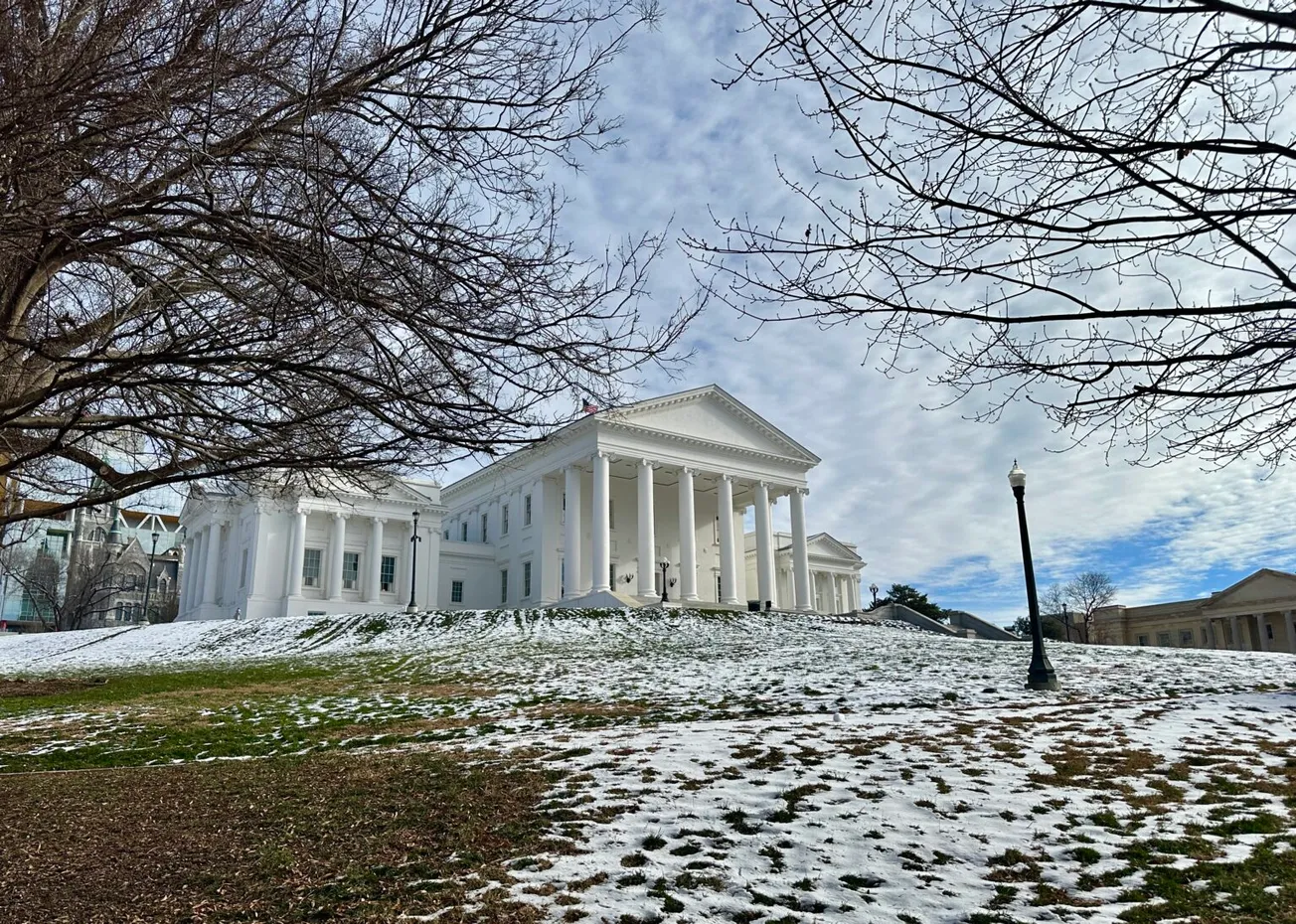Restorative justice for schools: Virginia lawmakers aim to reform discipline
Pilot program advances to Senate Education Committee as debate heats over alternatives to suspensions and expulsions

Pilot program advances to Senate Education Committee as debate heats over alternatives to suspensions and expulsions
